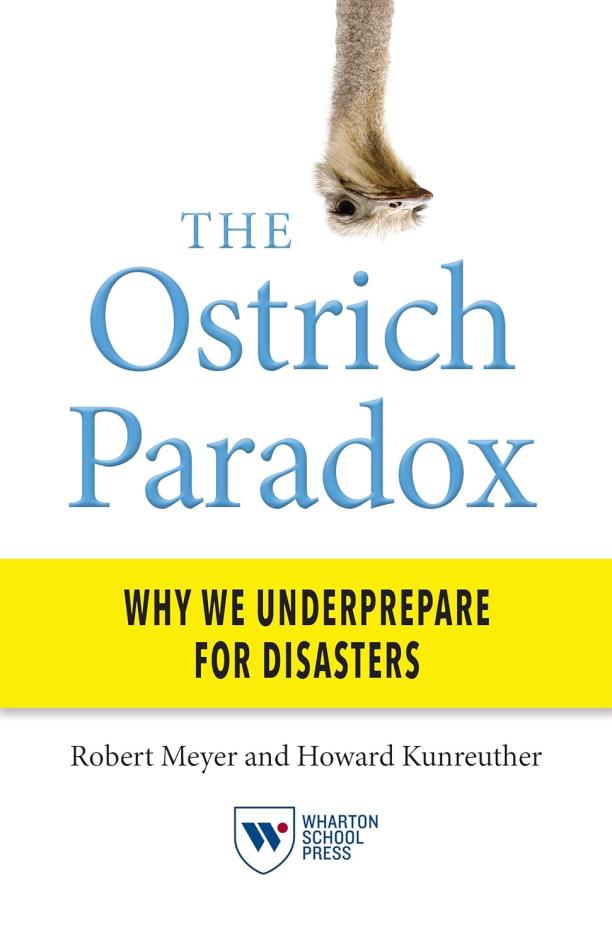Summary:
The book explores the cognitive biases and decision-making processes that lead individuals and organizations to neglect preparations for predictable disasters. It presents six key reasons for this lack of preparedness and offers strategies for overcoming these psychological barriers to better anticipate and mitigate the impacts of catastrophic events.
Key points:
1. Myopia: People and organizations often ignore long-term risks for short-term gains, leading to a lack of disaster preparedness.
Books similar to "The Ostrich Paradox":
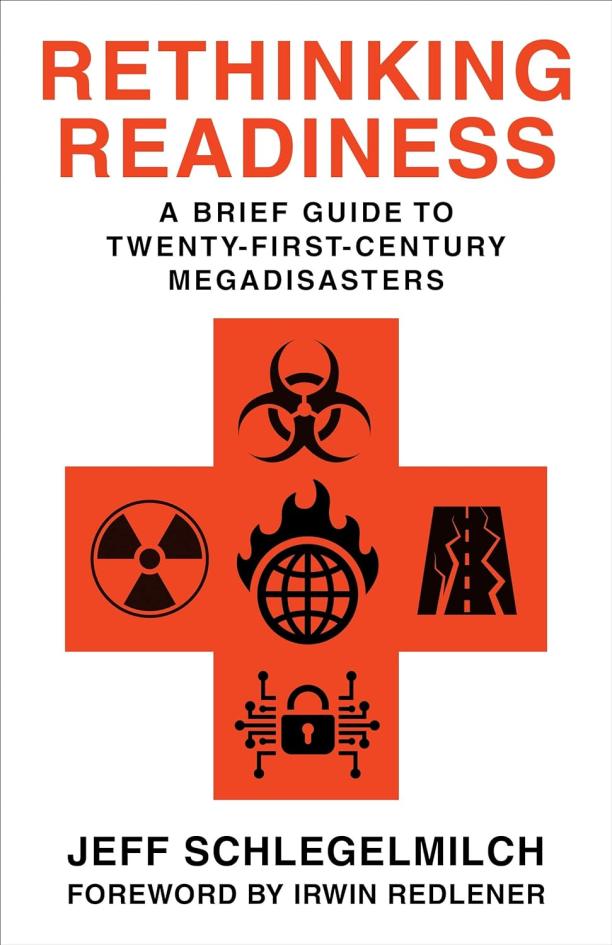
Rethinking Readiness
Jeff Schlegelmilch
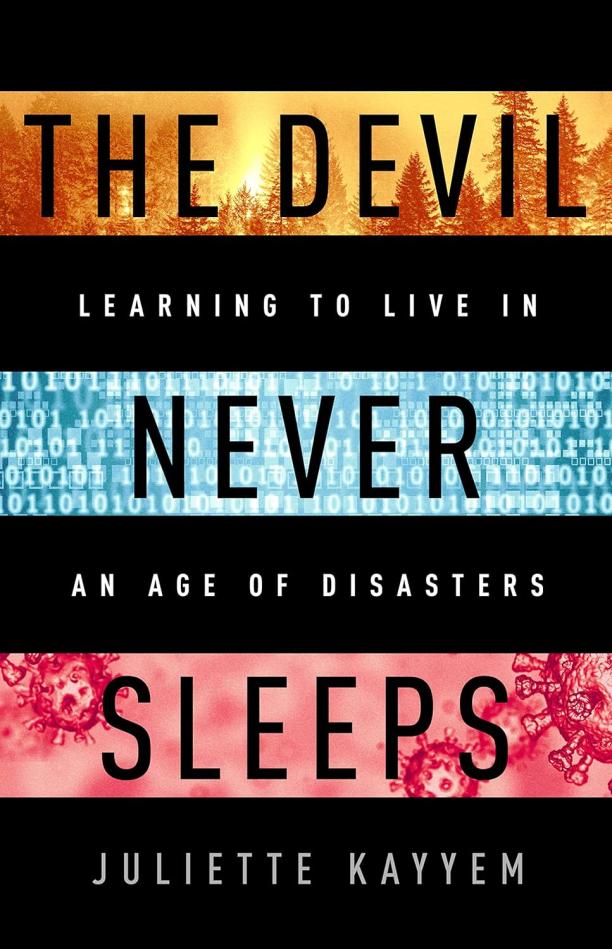
The Devil Never Sleeps
Juliette Kayyem
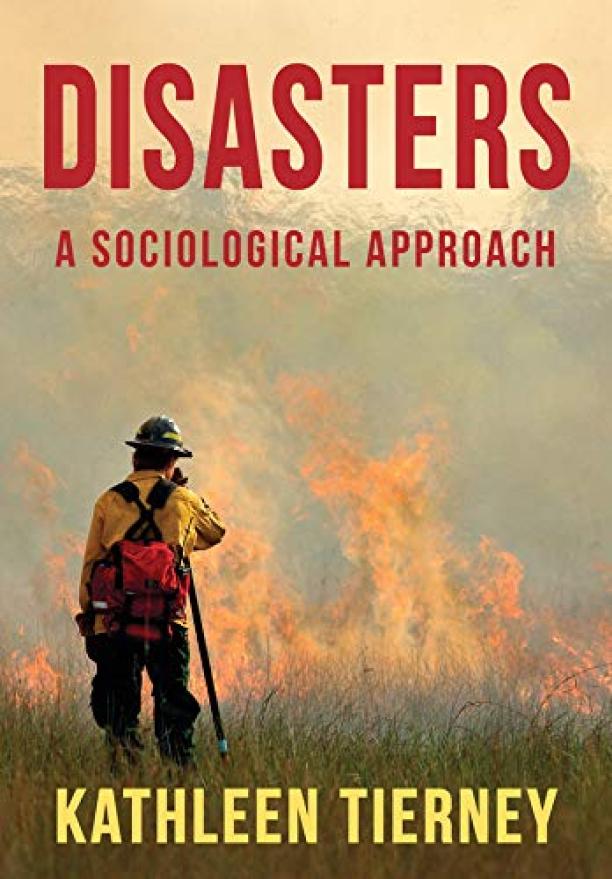
Disasters
Kathleen Tierney
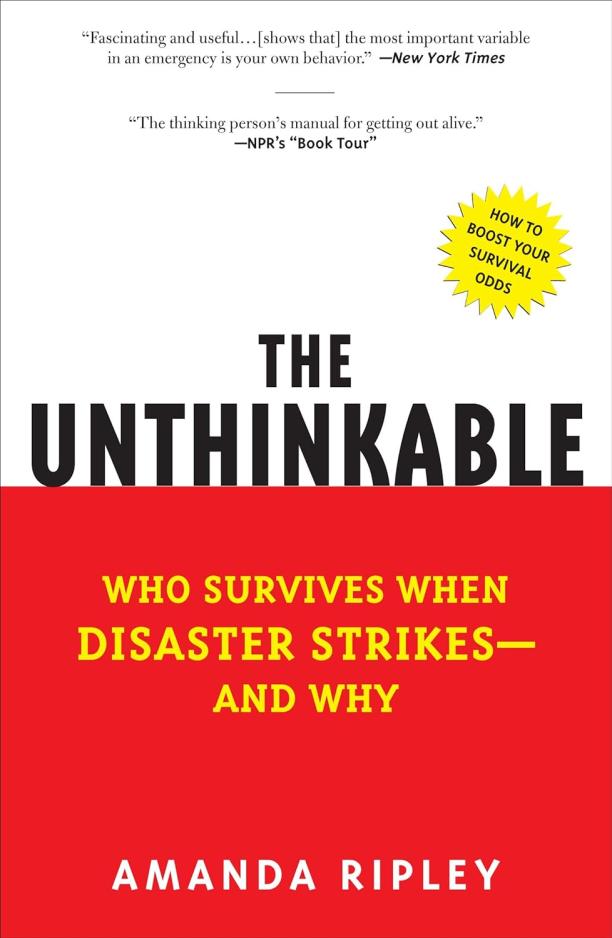
The Unthinkable
Amanda Ripley
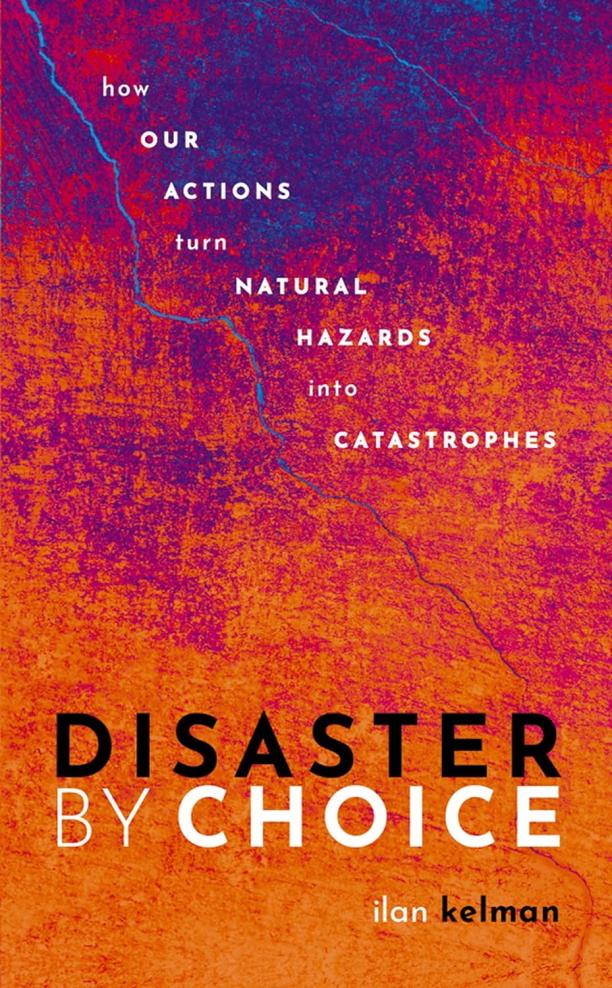
Disaster by Choice
Ilan Kelman
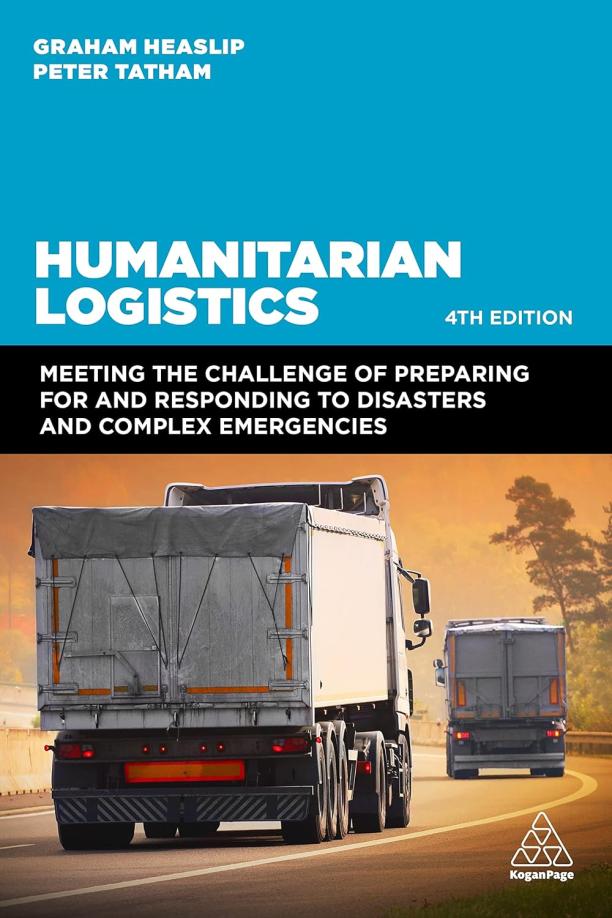
Humanitarian Logistics
Graham Heaslip, Peter Tatham
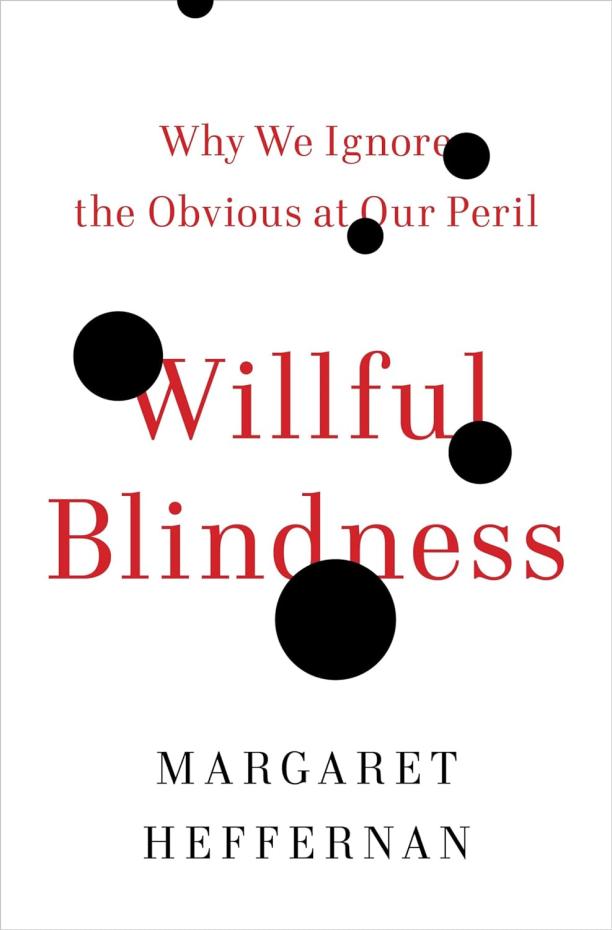
Willful Blindness
Margaret Heffernan
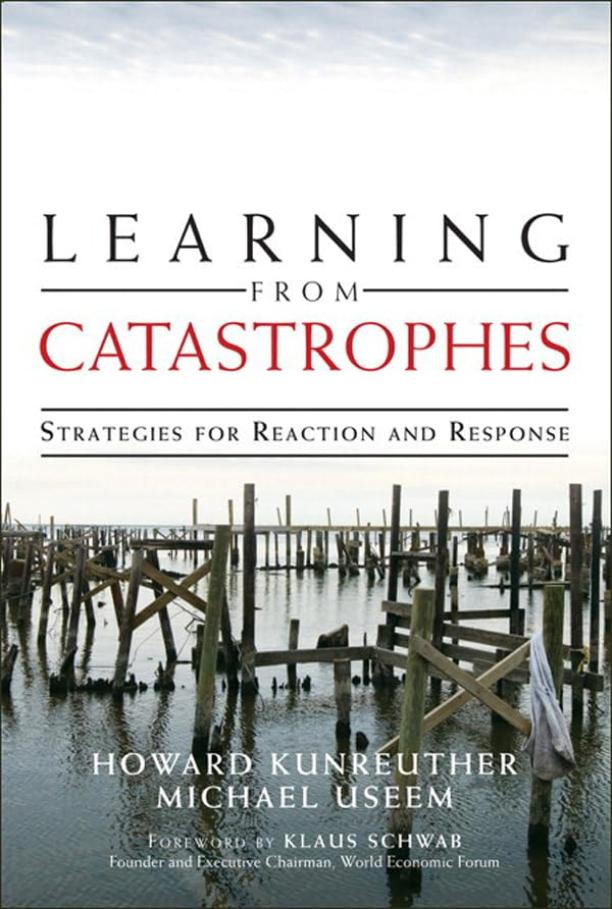
Learning from Catastrophes
Howard Kunreuther|Michael Useem
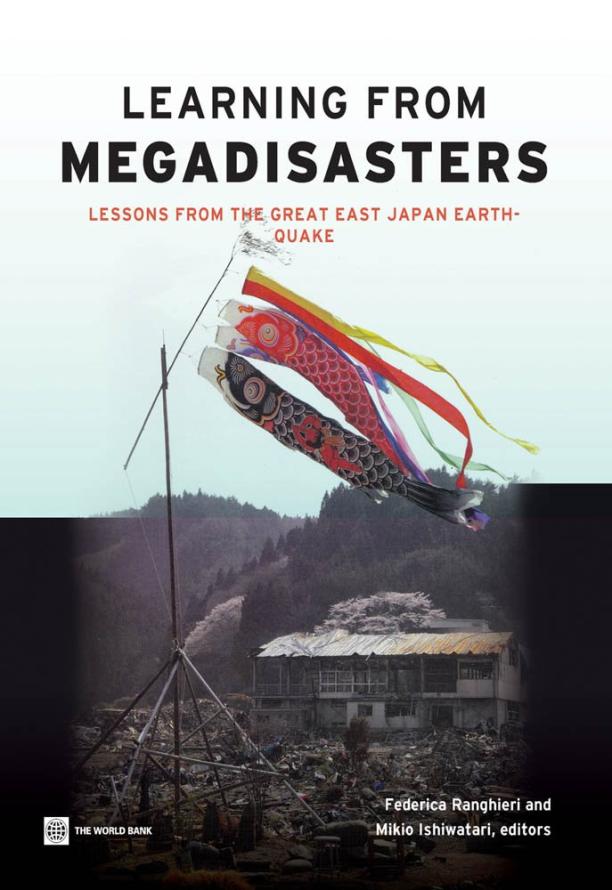
Learning from Megadisasters
Federica Ranghieri, Mikio Ishiwatari
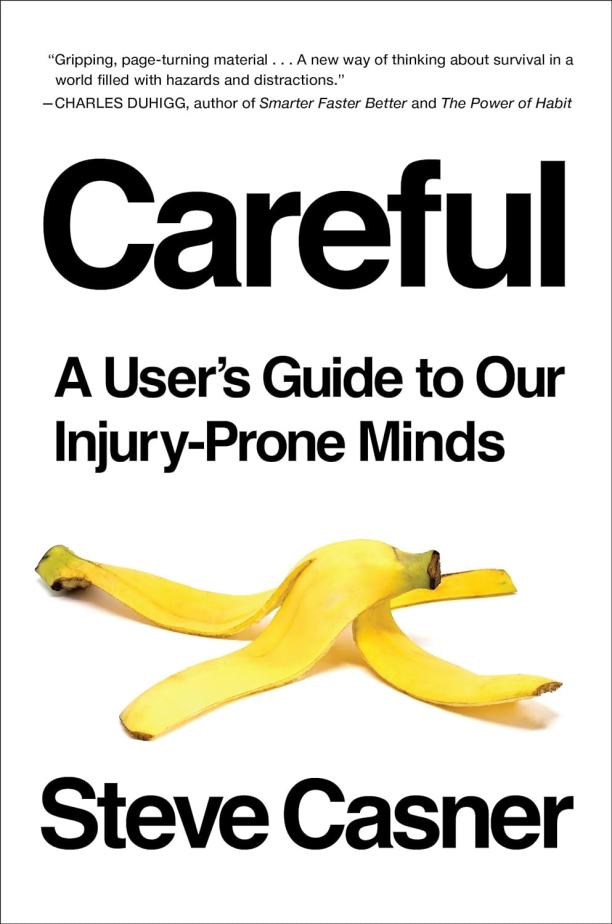
Careful
Steve Casner
